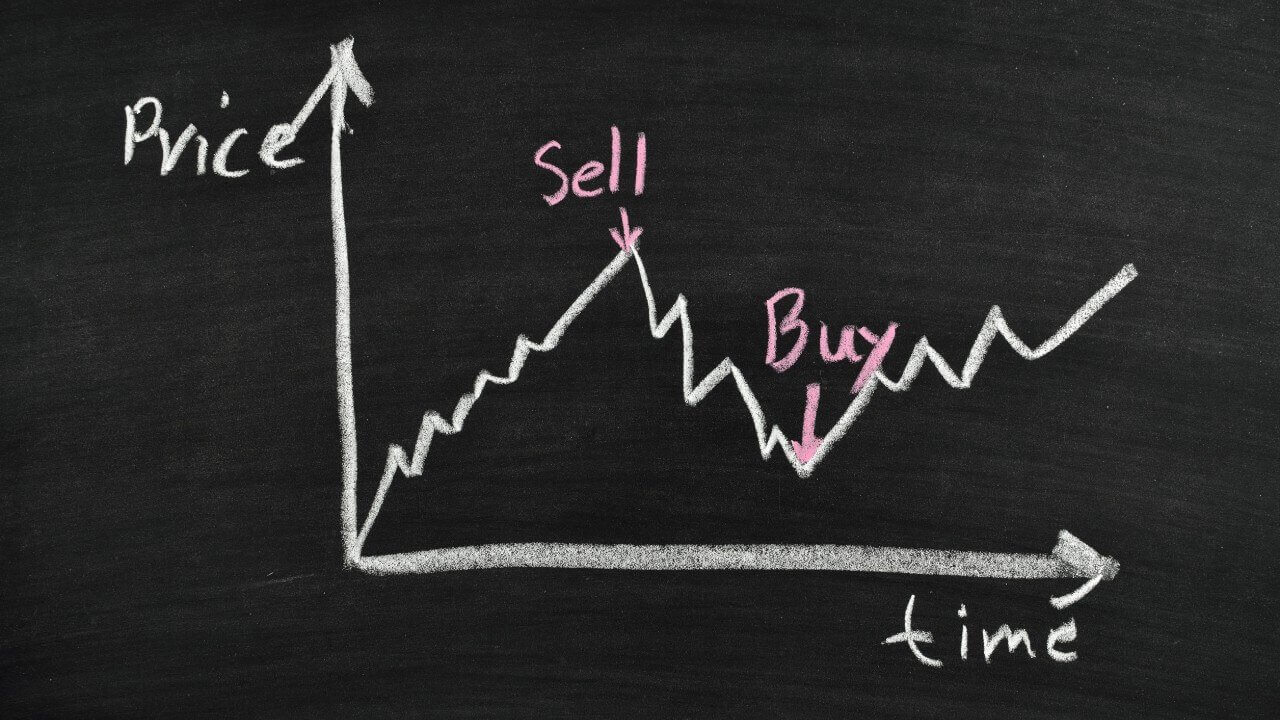
How to sell a small business
Your small business is a huge source of personal and professional pride. But your relationship with it is like any other relationship. At some point, there will come a time when you will have to decide whether to part ways with it or stick it out. There are no right or wrong answers here. It all depends on you, your career and personal needs, the state of the business and the sentiments among your fellow directors.
You’ll need to do some soul searching in order to make the right decision for you. You’ll have to ask yourself whether selling your business will result in more opportunities for growth, or will you be cast adrift in a tumultuous sea of entrepreneurial uncertainty? Will you be less worried about money now that your livelihood isn’t inexorably linked to the fate of your enterprise or will you be forced to take a huge pay cut either starting a new venture from scratch or returning to the salaried world? Will you be happier and more able to spend quality time with your partner, kids, friends and family … or will you spend the next few years questioning whether or not you made the right decision or acted too rashly?
If you’ve made the decision to sell, it’s vital that you know how to go about the process in the right way. As an ambitious entrepreneur, you’ve likely gotten used to doing things a certain way … your way. But when selling your business, you’ll need to have a clear strategy and be prepared to enlist the age of expert assistance where needed.
This is how you sell a small business, the right way …
Prepare exit strategies
All too often a business is sold, not as a strategic move but as a reaction to external influences. A change in leadership in which the board of directors has no confidence, the illness or death of a key member of personnel, or the aging out of a director (and a lack of faith in their successor) can all contribute to an unexpected business sale that can send operations into disarray.
The good news is that if you’ve made a conscious decision to sell your business you’ve already got the inside track. You just need to make sure you keep it by preparing clearly defined exit strategies. Start planning these now before external factors start making your decisions for you.

The strength of your exit strategy will determine whether or not you leave the business in a profitable state or at the very least mitigate your losses. Get it wrong and you could find yourself jumping out of the frying pan and diving headlong into the fire.
It’s essential to know your options in terms of exit strategy and act accordingly with your own needs and desires as well as what’s best for the workforce you’ve built. The fewer bridges you wind up burning, the better for all concerned.
Common types of exit strategies include:
- Initial public offerings
- Strategic acquisitions
- Management buyouts.
Which exit strategy you choose depends on a number of factors. Not least of which is how much control or involvement (if any) you hope to retain after leaving the business or whether you are happy to let the company continue to run in the same way in your absence. Will you be furiously resistant to operational change in your business or consider it the price you’ll happily pay for a clean break.
Determine equity valuation
Ultimately, your exit strategy will depend on the quality of your equity valuation. Without this, you’re essentially flying blind and can’t possibly know the value inherent in each exit strategy option.
This makes perfect business sense, of course. If you’re going to sell anything, it helps to have a good understanding of its market value so you can be assured that you’re getting a good deal. While you may be happy to take a hit on profits for the sake of a timely sale, you risk woefully underselling yourself without determining the value of your equity.

Of course, a business (even a small business like yours) is a complex organism and there are many factors which will determine its value from the cash value of your inventory of stock to annual turnover to any property and assets owned by the company.
By rule of thumb, a small business is typically worth between three and six times its annual cash flow. Of course there are a number of variables in play which could muddy the water somewhat including, the overall financial health of your business, market demand, industry and consumer trends, the location of your premises and other such factors.
This is why it’s best to enlist a third party to provide an equity valuation for your business in the interests of accuracy and transparency. But who to hire for this important and complex task?
Hire a business broker
You’re the best there is at what you do … but what you do is not selling businesses. Even if you’re a born sales professional with an impeccable record of closing deals, you (as the director of your business) are perhaps the least qualified person to attempt to sell it.
This is why the services of a business broker are an absolutely essential investment to facilitate an equitable and profitable sale. They do this for a living and the 5-10% commission that they make on the sale will pale in comparison to the bargaining power which they can bring to the table.

What’s more, they will usually carry out the equity valuation themselves allowing them to negotiate from a position of knowledge and strength on your behalf. Your lawyer may be able to structure the deal and keep it legally above board … but they won’t have the first clue how to go about finding a buyer.
A business broker can do their due diligence on prospective buyers and find the right one in line with your exit strategy and ongoing needs. Quite simply, you shouldn’t even think about selling a business without one.